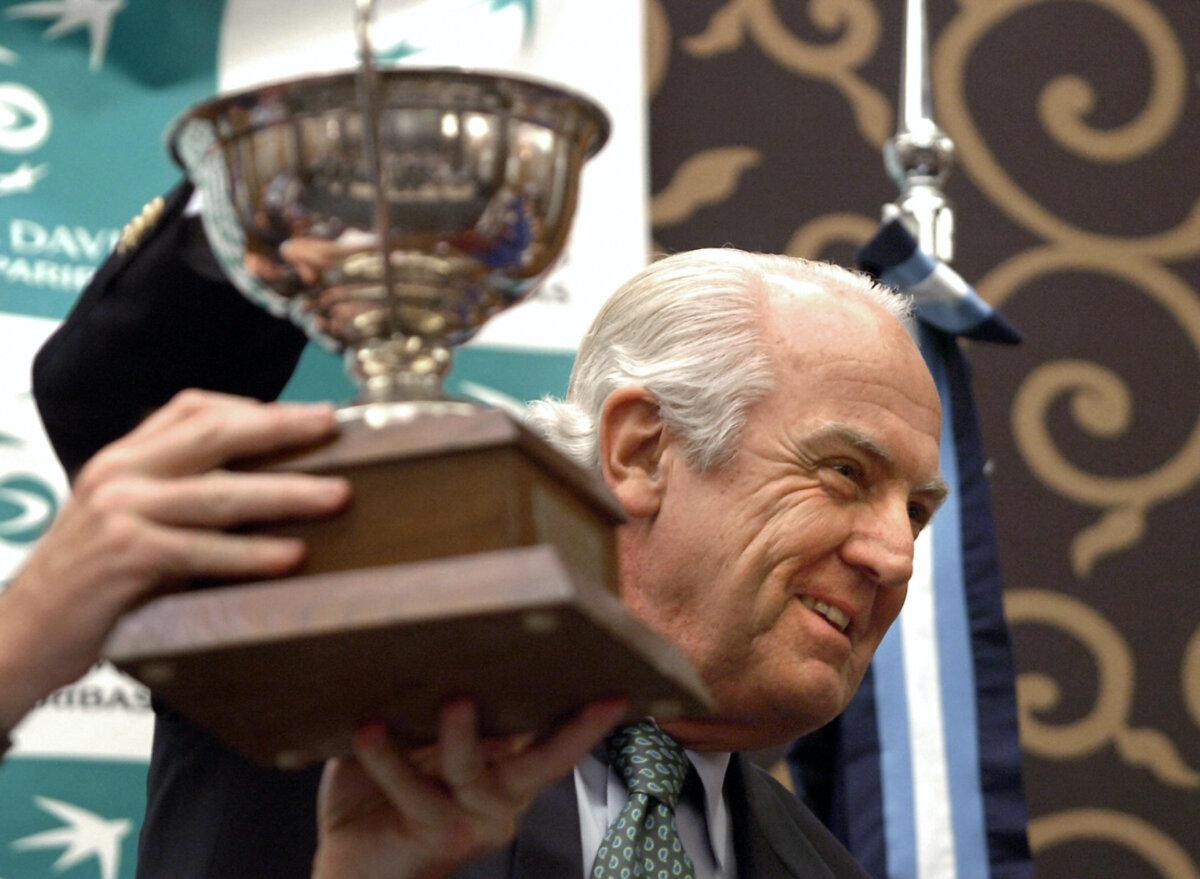One of the least noticed attributes of great leaders is humility. That’s right. Leaders need to be humble enough to know that every person on their team has strengths and wisdom waiting to be tapped. They must realize that the best leaders are known by the commitment and excellence of the people they lead. With the best leaders, their people often say that they did it themselves.
Certainly, leaders in any organization have times when quick decisions are necessary—a problem emerges with a key client that requires immediate attention—interruptions like that are their jobs calling. The best leaders have the confidence to face the problem, work to explore possible solutions, and then act.
Immediate decisions are not always necessary. No matter what the organization, leaders are tempted to make executive decisions even when collaborative problem solving might bring people together, deliver an even better solution, and secure a strong commitment to the solutions chosen. That realization brought one executive to observe, “Most people like the ideas that come out of their mouth a heck of lot better than what comes out of mine!”
For leaders, humility is not weakness. No one wants a weak leader! Healthy leadership humility is better defined as “strength with gentleness.” It’s a humility that consistently appreciates the gifts and insights of others. Too many leaders are promoted because of how much they know, but using only your own knowledge and experience makes one a poor leader.
As a leader, if your input and skills are the source of all of the success in your department, you’ll never be promoted. Only when you have developed the skills and decision making of your people will someone be ready to replace you so that you are free to advance.
Not only will collaborative leaders get the benefit of the best ideas, they are far more likely to earn the commitment of their team to make needed changes work. Want to keep your best people? Let them make a difference where it counts most. Then when you give your people more than their share of credit for any successes and less than their share of blame for any setbacks, you’ll have earned their enduring respect and their exceptional performance.
Former SAS CEO Jan Carlzon reminds leaders of the importance of building the confidence of those on their teams: “People aren’t born with self-confidence. Even the most self-confident people can be broken. Self-confidence comes from success, experience, and the organization’s environment. The leader’s most important role is to instill confidence in people. They must dare to take risks and responsibility. You must back them up if they make mistakes.”

As you begin to empower your people, some workers will tend to stick to their job descriptions rather than take on new responsibilities that risk visible failure. Few want to be empowered if failure means being next in line for losing one’s job. Both leaders and workers have to learn to trust. Workers need to develop trust in their own competence while managers need to gain trust in their ability to delegate. When that happens, workers want to be empowered and managers want to empower them to do as much as they can.
To accomplish this with your team, set clear boundaries for authorized decision-making, and expand those boundaries as your workers’ self-assurance grows. Provide the resources and responsibility your people need to succeed and take time to notice and acknowledge their effectiveness. By doing so, you’ll build their confidence and gain trust in their performance. Make sure that your people also know that the challenge of taking on new projects in unexplored territory can occasionally lead to wrong turns and dead ends. Even though they do the best they can, the results will sometimes remain elusive.
Affirming others doesn’t threaten your own self-worth as a leader. It confirms it. It’s those who are not confident who must steal the credit to prop up their own inadequate self-worth. Only those leaders who are self-confident have the ego strength to watch others succeed as they proudly applaud from the sidelines. That is good leadership. That is humility, strength with gentleness, and respect for your team.
The same can be said of our best national leaders. They know that the strength of the country lies in the good, hard-working, faithful citizens who never make the news. They are out there living out their own American dream every day.
President Ronald Reagan is one of America’s most respected presidents. One of the reasons he was so loved was his optimistic belief in the common man. When he spoke to the 1992 Republican Convention, he shared what he claimed was the secret of his success, “I appealed to your best hopes, not your worst fears, to your confidence, rather than your doubts.” He explained further, “I’m not taking your time this evening to ask you to trust me. Instead, I ask you to trust yourself. That is what America is all about… It’s the power of millions of people like you who will determine what will make America great again.” That is an example of leadership humility that inspired a nation. Let that same humility inspire those you lead.









